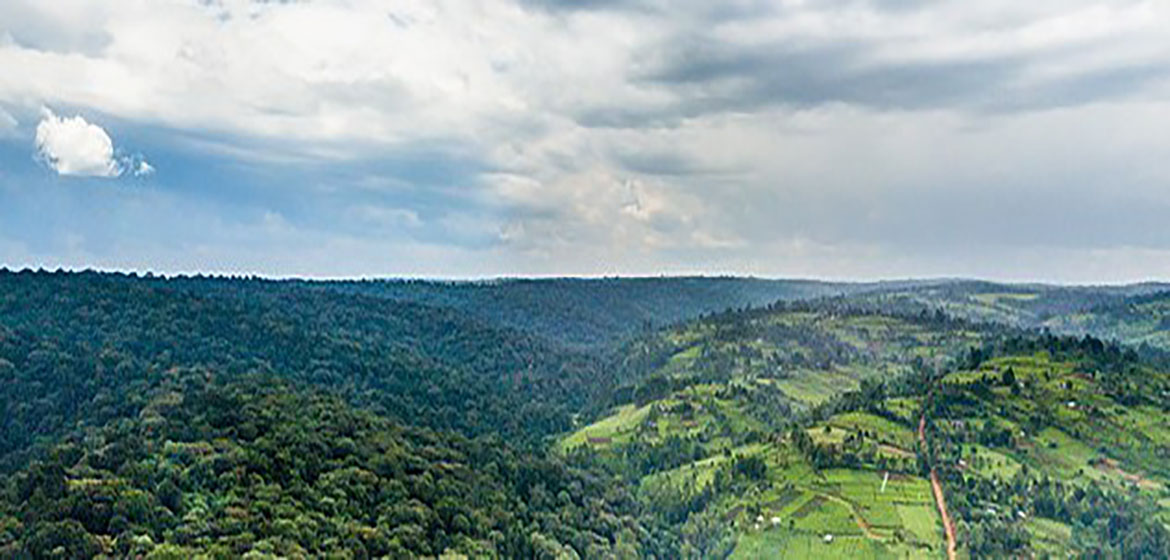A new campaign to stop the criminalization of Indigenous peoples for protesting against governments and corporations in defense of their traditional lands aims to protect them from persecution, murder and imprisonment on falsified charges, said the on Thursday.
Vicky Tauli-Corpuz said the idea for the Global Campaign Against the Criminalization and Impunity of Indigenous Peoples was inspired by research and interviews she conducted during the preparation of her 2018 report
“It’s been observed and concluded that the issue of criminalization of Indigenous Peoples is a global crisis,” Tauli-Corpuz said, referring to the report, as she announced the campaign at the .
In 2018, human rights watchdog that almost 1,000 environmental defenders have been killed since 2010 and that in 2017 at least 207 land and environmental activists – almost half of them Indigenous – were targeted and murdered for defending their forests, rivers, wildlife and homes against destructive industries.
Trumped up charges, imprisonment, harassment and intimidation are often the result when Indigenous people speak up against government-supported private companies investing in large-scale projects on their traditional lands, Tauli-Corpuz said. Such projects are often launched without discussion and without the free, prior and informed consent of customary landholders.
In addition to threats related to extractive industries, agribusiness, infrastructure, hydroelectric dams and logging, Indigenous peoples are often driven out when government conservation laws define their livelihood activities as illegal, she said.
Tauli-Corpuz, a member of the Igorot peoples of northern Philippines, has herself been a target of false charges and harassment. The Philippine government accused her of terrorism and more recently said she is a communist who has infiltrated the U.N., she said.
Defamation and smear campaigns through social media are common in the lead up to false criminal charges, Tauli-Corpuz said. Often, Indigenous people are falsely portrayed as members of criminal gangs, guerrillas or terrorists.
Joan Carling, a member of the Kankanaey tribe of the northern region of Cordillera in the Philippines, was placed on a at the same time as Tauli-Corpuz, an action that drew from the U.N., which issued a strong rebuke in March 2018 in defense of Carling and Tauli-Corpuz.
Carling, who received the 2018 lifetime achievement award from UN Environment, is the co-convener of the Indigenous Peoples’ Major Group (IPMG) for Sustainable Development.
The new Global Campaign Against the Criminalization and Impunity of Indigenous Peoples will prevent, analyze, expose and reduce acts of criminalization and impunity, Carling said.
It will be run exclusively by Indigenous peoples to ensure the safety of those unjustly targeted,
“It should be led and managed by Indigenous peoples themselves because they will be the ones who will understand the social and cultural implications,” Tauli-Corpuz said.
The campaign will also include human rights monitoring systems. Other activities will involve calls to action, liaising with news media, networking and collaborating with non-governmental organizations.
Although many current organizations address cases of individual human rights violations, the U.N. campaign will have unique community protection and prevention mechanisms, Tauli-Corpuz said.
“This is a very good idea,” said Daniel Kobei, founder and executive director of the Ogiek Peoples’ Development Program in Kenya, which works to secure human and land rights throughout Africa.
Kobei said he was threatened last month with bankruptcy by the Kenyan government over a campaign to protect lands in the Mau Forest in the Rift Valley. They have since tried to discredit his organization, Kobei said.
“We don’t need to wait until people are dead to act,” he added.
In Brazil, the Ashaninka people face ongoing threats to their land from oil, mining and timber operations. Since 2000, they have also been subject to threats related to drug traffickers operating illegally on their land, said Benki Piyako, an Ashaninka leader, who voiced support for the global campaign.
“It’s been very difficult because we haven’t been supported by any international treaties or campaigns, he said. “Since 2015, four of our leaders have been killed by drug traffickers and forest loggers. This (U.N. campaign) will be a key initiative for Indigenous Peoples to have this this strength to work with international organizations.”
Luis Fernando Arias, chief counsellor of the National Indigenous Peoples Organizations in Colombia (ONIC) said that in post-conflict Colombia, since the Revolutionary Armed Forces of Colombia (FARC), signed a peace agreement with the government in 2016, 115 Indigenous leaders have been murdered and hundreds of people threatened and displaced.
“The government has criminalized us, saying that our mobilization process has been infiltrated, that we are terrorists,” Arias said. “Indigenous Peoples from Colombia support this campaign to end the criminalization.”
“We need to work together and we support this campaign,” said Pavel Sulyandziga, chair of the board of the International Development Fund of Indigenous Peoples in Russia (BATANI), who said he has been accused of extremism and that his family has been persecuted due to a statement he made at the U.N. about Indigenous people.
Source:
Related to SDG 10: Reduced inequalities and SDG 16: Peace, justice and strong institutions



